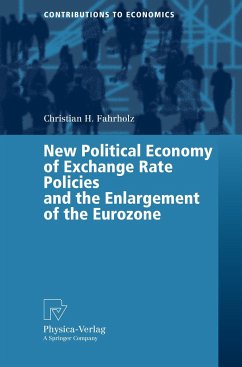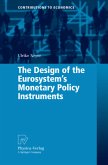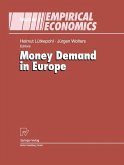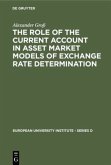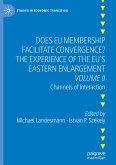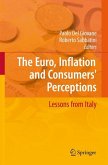This work examines the political economy of exchange-rate policies in the context of the eastward enlargement of the eurozone. The analysis shows that prospective members of the EMU are likely to pass on some of the incurred Maastricht costs of convergence to the current EMU-members. The transmission mechanism is an altered exchange-rate policy that is carried out utilizing a "threaten-thy-neighbour"-strategy. The nature of the arising conflict between current and prospective EMU-members originates from both parties' admitted inclination to complete the enlargement process, complicated by their disinclination to bear the costs. The ensuing moral-hazard behaviour of the CEECs proves to be one of brinkmanship. The subsequent bargaining game results in a robust outcome most likely in terms of providing extra European funding. This may then ensure a stabilization of the CEECs' convergence toward the EMU, and a successful completion of eastward enlargement of the eurozone.
Bitte wählen Sie Ihr Anliegen aus.
Rechnungen
Retourenschein anfordern
Bestellstatus
Storno

